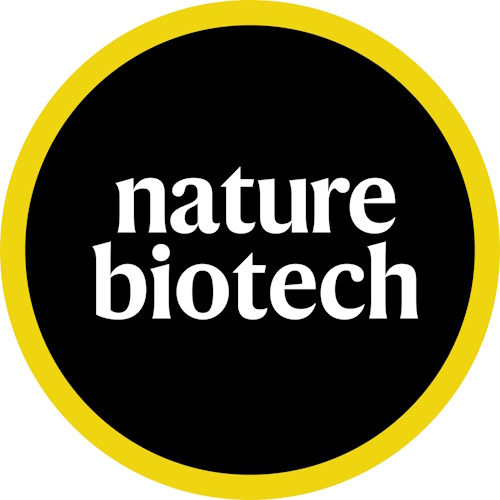Key points from article :
Insilico Medicine, a generative AI-powered longevity biotech, announced positive initial results from its Phase 2a clinical trial for ISM001-055, a novel drug designed to treat idiopathic pulmonary fibrosis (IPF). This AI-designed drug has demonstrated a favorable safety profile and promising improvements in lung function.
IPF, a chronic and progressive disease characterized by scarring of lung tissue, affects millions worldwide. Current treatment options are limited, and the disease often leads to severe respiratory impairment. Insilico's ISM001-055 targets a specific protein (TNIK) involved in the disease's progression, offering a potential new therapeutic approach.
The company's proprietary AI platform played a crucial role in the drug's development. By leveraging deep generative models and machine learning, Insilico identified a novel therapeutic target and designed ISM001-055. The drug's progress was detailed in a March 2024 paper in Nature Biotechnology.
In the Phase 2a clinical trial, 71 patients received either a placebo or varying doses of ISM001-055. The results showed that the drug was well-tolerated and led to significant improvements in lung function, as measured by forced vital capacity (FVC). This positive outcome suggests that ISM001-055 could offer a new hope for patients with IPF. “While we expected the drug to be safe, we did not expect to see such a clear dose-dependent efficacy signal after such a short dosing period,” - Alex Zhavoronkov, co-CEO of Insilico.
Insilico's leadership is optimistic about the potential of this breakthrough, not only for IPF treatment but also as a validation of AI-driven drug discovery. The company plans to advance the drug into larger-scale clinical trials to further evaluate its efficacy and safety.
The success of ISM001-055 marks a significant milestone in the field of AI-powered drug discovery. It demonstrates the potential of AI to accelerate the development of innovative treatments for complex diseases. “...a true first in this new era of AI-powered drug discovery,” said Michael Levitt, the 2013 Nobel Laureate in Chemistry. As Insilico continues to explore the therapeutic applications of ISM001-055 and other AI-designed drugs, the future of drug discovery looks increasingly promising.










